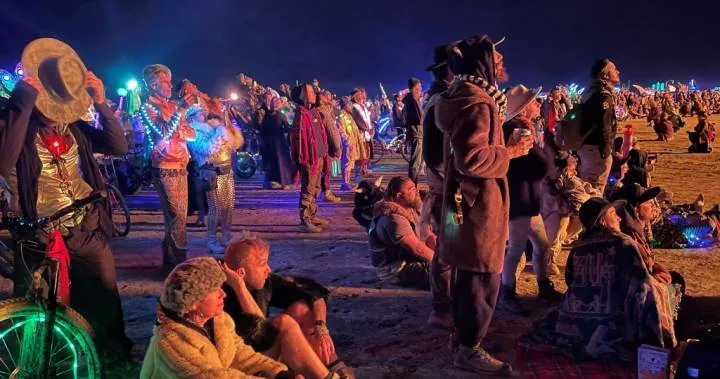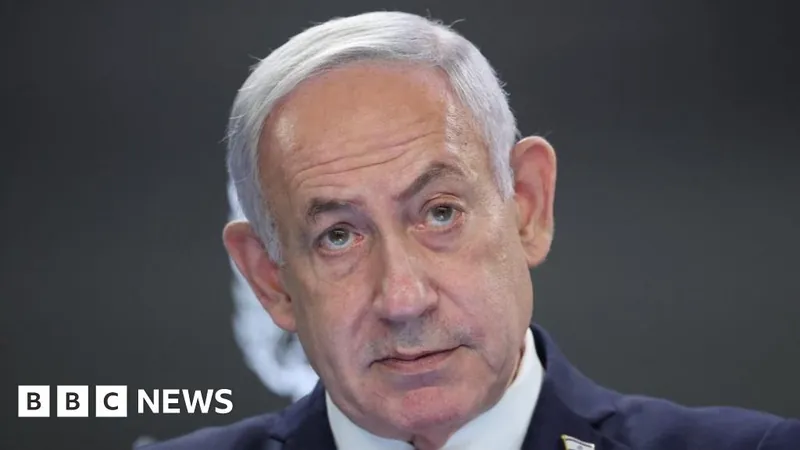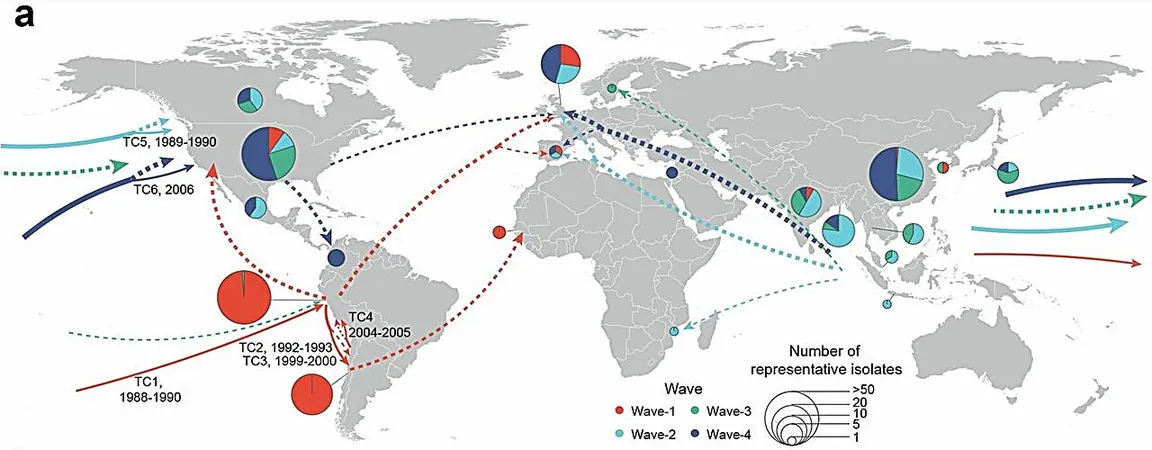
Burkina Faso Criminalizes Homosexuality: Prison and Fines Await Offenders
2025-09-02
Author: William
A New Era of Oppression
Burkina Faso has taken a significant step backwards in human rights by officially banning homosexuality, with the government declaring that those caught engaging in same-sex relations could face two to five years in prison and hefty fines. This troubling development comes in light of the government's broader push for stringent social reforms.
Government's Unanimous Decision
The controversial law was passed unanimously by 71 unelected members of Burkina Faso's transitional government, which has been in power since a military coup led by President Ibrahim Traore in 2022. Justice Minister Edasso Rodrigue Bayala announced the decision on national television, emphasizing that not only Burkinabé nationals but also foreigners accused of homosexual acts would face deportation.
A Campaign of Awareness or Fear?
Bayala stated that individuals engaging in what he termed "bizarre behavior" would be brought before judges, promising that the law would be backed by an awareness campaign. However, the initiative raises eyebrows as it seeks to legitimize discrimination at a time when many are calling for increased acceptance and protection of LGBTQ+ rights.
The Broader Human Rights Crisis
Human rights activists are likely to voice strong opposition to this bill, viewing it as part of a larger trend of repression under the military regime, which has faced accusations of stifling dissent through widespread arrests and mandatory conscription of critics.
Burkina Faso Joins a Troubling Trend
With this latest law, Burkina Faso joins a grim roster of countries across Africa where homosexuality is criminalized, following in the footsteps of other nations like Mali, which recently enacted similar laws, and Ghana and Uganda, both of which have intensified their anti-LGBTQ+ legislations amidst global outcry.
The Future of Human Rights in Burkina Faso
As Burkina Faso's government claims to be stabilizing the nation amid ongoing security issues, this move may only exacerbate the existing humanitarian crisis, isolating the nation even further in an already tumultuous region.









 Brasil (PT)
Brasil (PT)
 Canada (EN)
Canada (EN)
 Chile (ES)
Chile (ES)
 Česko (CS)
Česko (CS)
 대한민국 (KO)
대한민국 (KO)
 España (ES)
España (ES)
 France (FR)
France (FR)
 Hong Kong (EN)
Hong Kong (EN)
 Italia (IT)
Italia (IT)
 日本 (JA)
日本 (JA)
 Magyarország (HU)
Magyarország (HU)
 Norge (NO)
Norge (NO)
 Polska (PL)
Polska (PL)
 Schweiz (DE)
Schweiz (DE)
 Singapore (EN)
Singapore (EN)
 Sverige (SV)
Sverige (SV)
 Suomi (FI)
Suomi (FI)
 Türkiye (TR)
Türkiye (TR)
 الإمارات العربية المتحدة (AR)
الإمارات العربية المتحدة (AR)